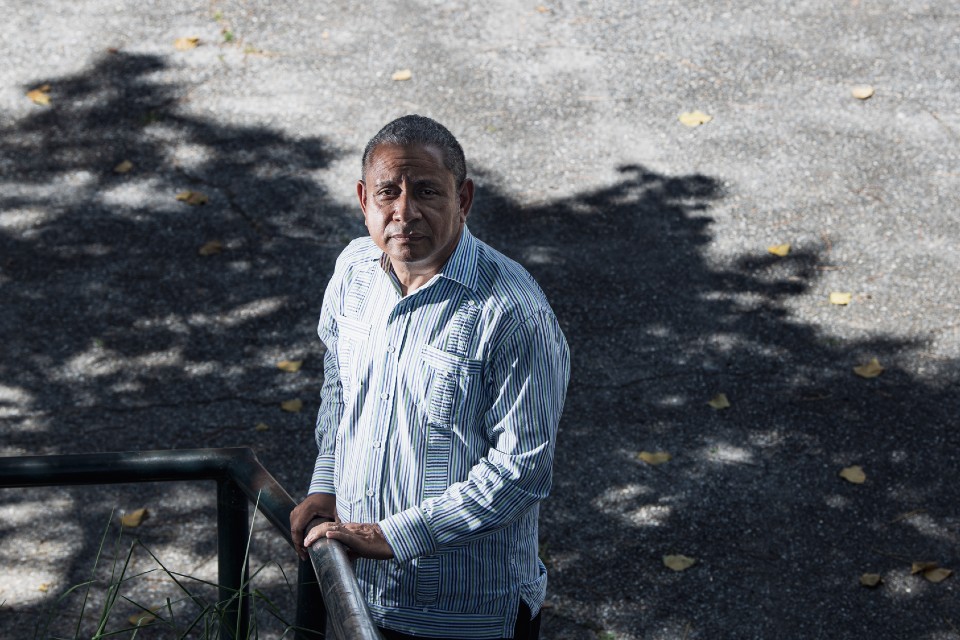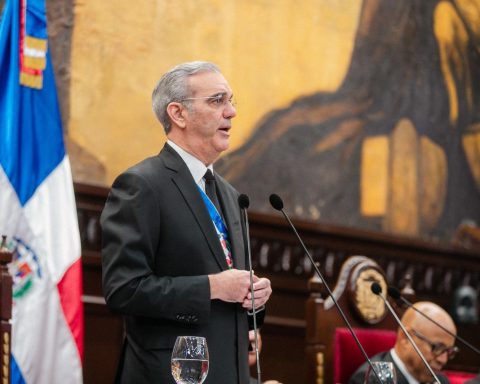The Paternar Citizen Campaign, which works for the expansion of paternity leave, recalled “the importance of having more equity in the care tasks” of children and adolescents in homes, coinciding with Children’s Day.
“In Argentina there is great inequality in household chores: nowadays women carry out more than 75% of unpaid domestic chores and children are victims of this reality, growing up in unequal homes,” said Matías Criado, a member of the Campaign and father of two children aged 8 and 3.
On this Father’s Day we ask you:
? Don’t you think it’s important for your parenthood to have a leave of more than two days?? The extension of paternal licenses is a necessity so that all people can care equally. pic.twitter.com/e3R624ujCL
– PATERN (@Camp_Paternar) June 19, 2022
According to Indec data, In Argentina, 95% of children up to 2 years of age do not attend educational establishments. and that disproportionately affects women because while they dedicate 5.7 hours a day to unpaid care activity, they occupy only two.
In return, half of women with children under 3 are out of the labor marketwhich results in a feminization of poverty and in increasing inequalities because while some can quickly return to work by virtue of hiring caregivers, others must go into seclusion.

“This reality has deep cultural and historical roots and is present in our laws, with Argentina being one of the most backward countries in the region in this regard,” Criado said in a campaign statement.
It is that the current legislation favors this sexual division of labor, since it establishes a maternity leave of 90 days and a paternity leave of 2 consecutive days, excluding those who became parents by adoption or by assisted human fertilization techniques, but also discouraging the hiring women.
In response to this situation, on May 1, President Alberto Fernández announced the submission to Congress of the bill “Care in Equality” which, among other things, extends the licenses to 126 and 90 days, in addition to incorporating licenses for adoption and performance of assisted fertilization techniques or births by this means, among other modifications.
Criado highlighted this initiative comparable to “other projects in the same direction already presented” and considered that “it is time for Congress to move forward with this agenda.”

In turn, Julián Novo, from the same group, recalled that “on Father’s Day we mobilized in different parts of the country and started a signature campaign to show the broad support that this claim has”, to which “deputies and deputies of different political signs, trade union representatives and different spaces of civil society”.
“There is no excuse for Congress not to move forward with this agenda and we believe the time is now,” he concluded.


















